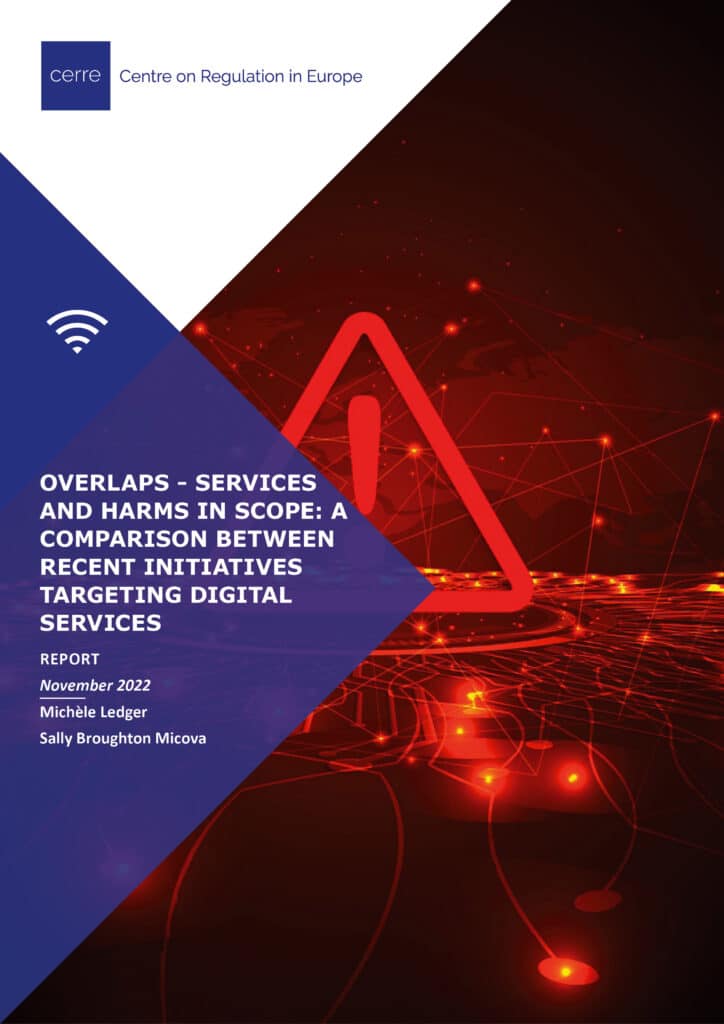Michèle Ledger
Research Fellow
and Research Centre in Information, Law and Society (CRIDS), University of Namur
and Research Centre in Information, Law and Society (CRIDS), University of Namur
Michèle Ledger is a researcher at the Research Centre in Information, Law and Society (CRIDS) of the University of Namur where she also lectures on the regulatory aspects of online platforms at the postmaster degree course. She has been working for more than twenty years at Cullen International and leads the company’s Media regulatory intelligence service.
Michèle Ledger is a researcher at the Research Centre in Information, Law and Society (CRIDS) of the University of Namur where she also lectures on the regulatory aspects of online platforms at the postmaster degree course. She has been working for more than twenty years at Cullen International and leads the company’s Media regulatory intelligence service.




